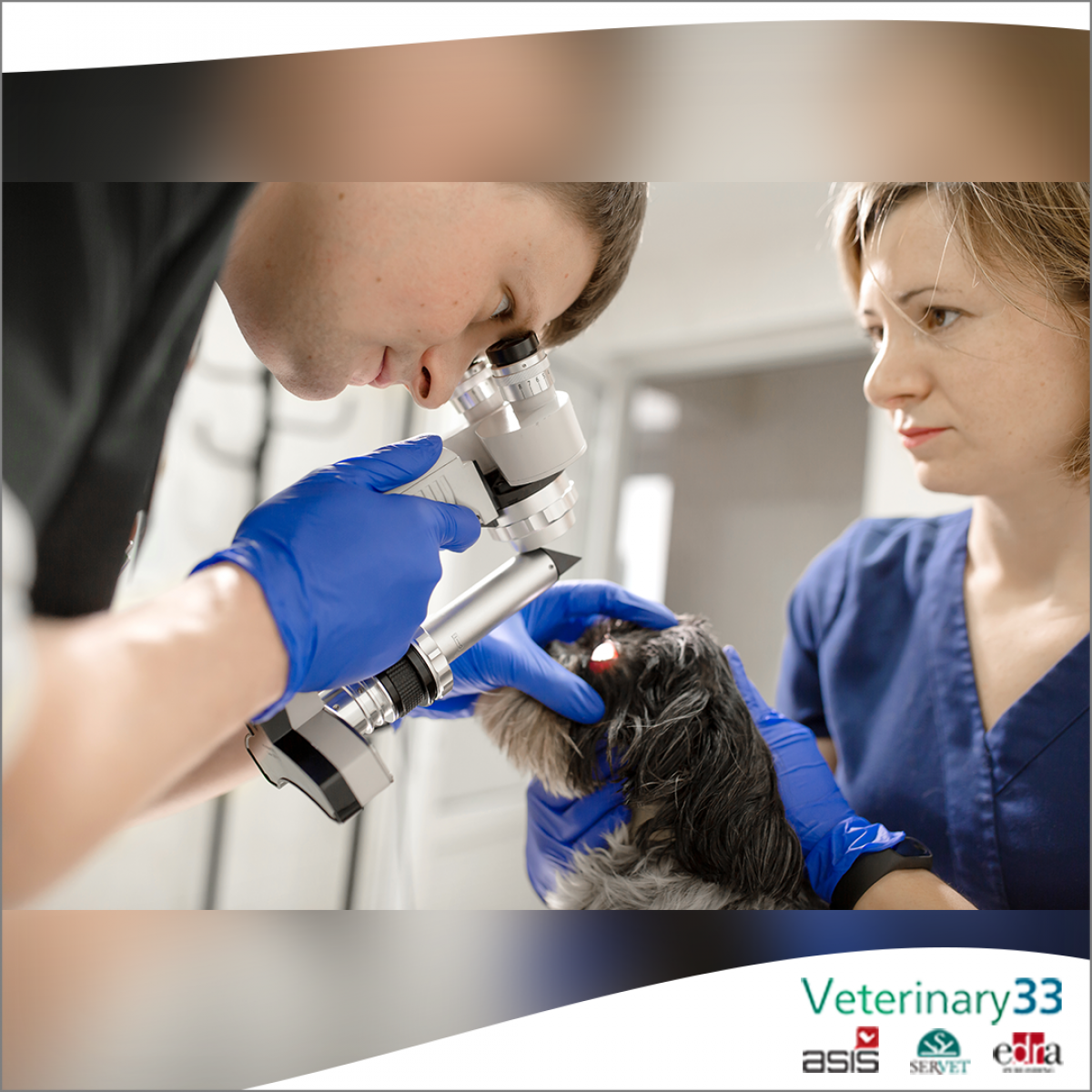Veterinarians from around the world unite against the breeding of brachycephalic breeds
More than 1,300 veterinarians, 100 veterinary students and 340 assistants, veterinary technicians, and other sector professionals from 66 countries have joined together with more than 70 organizations and centers against the breeding of brachycephalic breeds of dogs, cats, rabbits, and equines.
The initiative has a website where you can find all the information on the initiative and the main organizations that support it, including the World Small Animal Veterinary Association (WSAVA), the Federation of Veterinarians of Europe ( FVE), and the Federation of European Veterinary Associations for Companion Animals (FECAVA).
Why this initiative?
Brachycephalic means short snout, and it is a characteristic that has been selected in certain breeds, mainly dogs, cats, and rabbits, that is not found naturally and has caused a great variety of problems, deformities, and diseases. In recent decades, brachycephaly has been taken to the extreme in dogs such as the French Bulldog, the English Bulldog, the Pug or the Pekingese, and cats such as the Persian or the Exotic Shorthair Cat.
The opinion of the veterinarians, vet techs, related professionals, and organizations around the world listed on the vetsagainstbrachycephalism.com website is emphatic: "The rearing of extremely brachycephalic animals is contrary to animal health and welfare and must be stopped. We urge decision-makers and veterinary organizations worldwide to use the means provided on this website to try to influence and generate positive changes for the future well-being of our companion animals. "
Health problems in dogs
The consequences of this type of selection on the health of animals are multiple, the most notable being the chronic obstruction syndrome of the upper respiratory tract, more commonly known as a brachycephalic syndrome or BOAS (Brachycephalic Obstructive Airway Syndrome). . These animals suffer from various malformations that cause problems when breathing, such as narrow nostrils, the excess soft tissue in the mouth and relatively large soft palate and tongue. They also tend to have very narrow tracheae compared to similarly-sized animals with normal faces. . The severity of this syndrome varies from one animal to another. However, recent studies suggest that more than half of Bulldogs and around two-thirds of Pugs have breathing disorders, which are often accepted as normal by their owners. While snoring and wheezing are considered normal, they are signs of respiratory distress. Many of these animals collapse when they exercise or take longer than normal to recover from the effort, reaching the point that many require surgery to lead a normal life. Also, dogs use a significant part of their nose to cool down, particularly in hot temperatures. This mechanism is practically non-existent in brachycephalic dogs, and as a result, they are much more susceptible to heatstroke, which can be life-threatening.
In addition to respiratory problems, these animals often suffer serious dental problems because their jaws and teeth are deformed due to their very short face, presenting problems to hold and chew their food. They have prominent eyes which are easily injured. Folds on the face predispose them to chronic skin infections and inflammations. Herniated discs are common in dogs selected for their curly tails. They present diseases related to low genetic diversity in these breeds. Gastrointestinal disorders are also common due to differential pressure between the chest and abdomen during breathing, often forced, such as esophageal reflux or hiatal hernia of varying severity. Recent studies also show an alarming increase in heart malformations, often inoperable, in the English Bulldog.
Health problems in cats
In cats, respiratory problems often go unnoticed since these animals, when experiencing difficulty breathing, become more sedentary, seeking to feel comfortable. As a result, cats are reluctant to breathe with their mouths open, and those most affected will find it very stressful, just like dogs.
Health problems in rabbits
In brachycephalic rabbits, dental problems can be fatal. Rabbit teeth grow continuously, and if the anatomical conformation does not allow the teeth to occlude perfectly, as nature intended, they grow too large, causing pain, gum infections, dental abscesses, and, often, death.
Vets against brachicephalism. vetsagainstbrachycephalism.com














List
Add
Please enter a comment